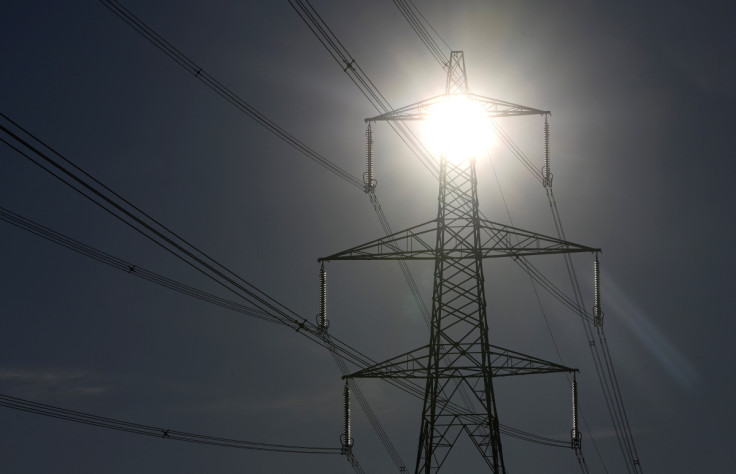
In a blow to consumers across Great Britain, energy bills are set to increase by five per cent following a rise in the energy price cap.
The announcement, made by the regulator Ofgem, has sparked concerns among households already grappling with economic uncertainties and the ongoing challenges posed by the COVID-19 pandemic.
The average annual household energy bill has risen by £94, taking effect following a revision of the price cap by the regulator in response to an increase in global gas market prices.
Implemented from January 1st, this adjustment translates to an initial five per cent surge in energy bills for average households as they enter 2024, coinciding with what may be the coldest three months of the year.
Ofgem, the energy regulator for Great Britain, reviews and establishes a maximum price every three months, dictating the amount suppliers can charge customers on standard variable tariffs for each unit of energy.
Consumer groups and politicians have expressed their dismay over the increase, particularly in light of the economic strains many families are facing.
The rising cost of living, coupled with inflation concerns, has heightened the financial burden on households, making the additional cost of energy an unwelcome development.
The energy price cap was initially introduced in January 2019 to prevent energy suppliers from overcharging customers on default tariffs.
The cap is adjusted based on various factors, including wholesale energy costs, network charges and policy costs.
Ofgem's decision to raise the cap reflects the recent surge in global energy prices, which has been exacerbated by geopolitical tensions and supply chain disruptions.
Households who do not do regular meter readings yet are strongly encouraged to promptly submit meter readings to their energy supplier to ensure accurate billing.
Jonathan Brearley, Chief Executive of Ofgem, recognised the challenges many individuals are facing, acknowledging that "any uptick in bills will cause concern".
The capped elements are the unit rates and standing charges, meaning that the more energy a household consumes, the greater their bill.
Additionally, the geographical location plays a role, with slight variations in the cap on electricity prices across different regions of the UK.
Industry experts argue that the energy price cap is a necessary tool to protect consumers from volatile market conditions, but the downside is that it can result in higher bills when wholesale energy prices spike.
Critics contend that the cap may not be sufficient to shield consumers from the full impact of global energy market fluctuations.
Alastair Douglas, CEO of TotallyMoney, highlighted that energy companies have been directed to reach out to struggling customers and provide assistance.
However, he emphasised that individuals need not wait for such outreach, urging them to proactively contact their energy providers at the earliest opportunity.
Douglas also recommended exploring options such as a temporary debt repayment holiday or a tailored debt repayment plan to better align with their financial circumstances.
In a potential relief for households, recent forecasts indicate a potential 14 per cent reduction in energy bills come April.
It has been predicted that the average annual electricity and gas bill could decrease to £1,660 in April.
The current upsurge in energy costs is attributed to escalating expenses in the international wholesale energy market, driven by market instability and global events, with particular emphasis on Russia's invasion of Ukraine and conflicts in the Middle East.
As households brace themselves for higher energy bills, there is growing awareness of the need for long-term solutions to address the root causes of energy price volatility.
The conversation around diversifying energy sources, investing in renewable technologies and enhancing energy efficiency measures is gaining momentum as stakeholders seek to build a more stable and sustainable energy future for Great Britain.
In the meantime, households are advised to explore available energy-saving initiatives and consider switching to fixed-rate tariffs to mitigate the impact of future price fluctuations.







